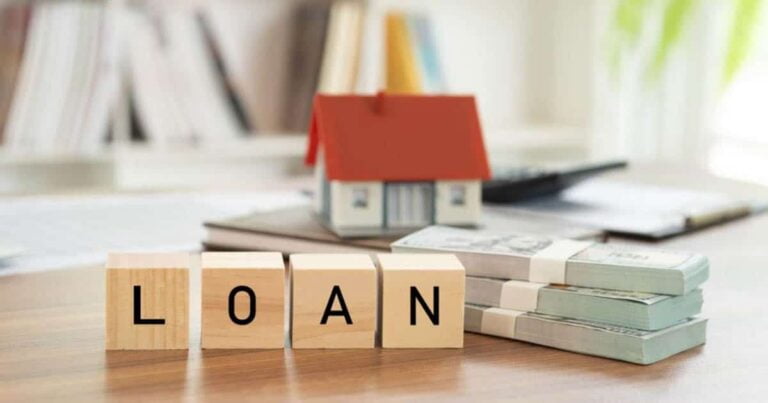Defaulting on your private student loans can have serious consequences. Private student loans are not backed by the federal government, so lenders have more flexibility to take legal action against borrowers who default.
What is Default?
Defaulting on a loan means that you have failed to make payments for a certain period of time. For private student loans, the grace period before default is typically 90 days. This means that if you miss a payment by 90 days, your loan will be considered in default.
Consequences of Default
There are a number of consequences that can occur if you default on your private student loans, including:
- Damage to your credit score: Defaulting on a loan will damage your credit score. This can make it difficult to qualify for future loans, credit cards, and other financial products.
- Wage garnishment: Lenders can garnish your wages to collect on a defaulted loan. This means that your employer will be required to withhold a portion of your paycheck and send it to the lender.
- Tax refund offset: Lenders can also offset your tax refund to collect on a defaulted loan. This means that the IRS will send your tax refund to the lender instead of to you.
- Lawsuit: Lenders can sue you to collect on a defaulted loan. If you lose the lawsuit, the court may order you to pay the lender the full amount of the loan, plus interest and fees.
What to Do if You Default
If you default on your private student loans, it is important to take action immediately. The sooner you address the situation, the less damage you will do to your credit and finances.
Here are some steps to take if you default on your private student loans:
- Contact your lender: Contact your lender as soon as possible to discuss your situation. They may be willing to work with you to create a payment plan that you can afford.
- Get credit counseling: A credit counselor can help you create a budget and develop a plan to get out of debt.
- Consolidate your loans: Consolidating your loans can simplify your payments and make them more affordable.
- Refinance your loans: Refinancing your loans can lower your interest rate and monthly payments.
How can I find a credit counselor to help me with my student loan debt?
There are a few different ways to find a credit counselor to help you with your student loan debt:
- National Foundation for Credit Counseling (NFCC): The NFCC is a non-profit organization that provides free and confidential credit counseling services. You can find a NFCC-certified credit counselor in your area by visiting their website or calling 1-800-388-2227.
- Association of Independent Consumer Credit Counseling Agencies (AICCCA): The AICCCA is a non-profit organization that represents and accredits credit counseling agencies. You can find an AICCCA-accredited credit counseling agency in your area by visiting their website or calling 1-800-750-2227.
- Your local United Way: Your local United Way may offer free or low-cost credit counseling services. You can find your local United Way by visiting their website or calling 2-1-1.
When choosing a credit counselor, it is important to look for someone who is certified and experienced in helping people with student loan debt. You should also make sure that the credit counselor is a member of a reputable organization, such as the NFCC or AICCCA.
Once you have found a credit counselor, they will work with you to create a budget and develop a plan to get out of debt. They may also be able to help you negotiate with your lenders to lower your interest rates or monthly payments.
Credit counseling can be a helpful way to get your student loan debt under control. If you are struggling to make your payments, contact a credit counselor today.
Here are some additional tips for finding a credit counselor:
- Ask for recommendations from friends or family members.
- Read online reviews of different credit counseling agencies.
- Interview several credit counselors before making a decision.
By following these tips, you can find a qualified credit counselor who can help you get out of debt and improve your financial situation. a reputable organization, such as the NFCC or AICCCA.
- Interview several credit counselors before making a decision.
- Choose a credit counselor who you feel comfortable with and who you believe can help you achieve your financial goals.
By following these tips, you can find a credit counselor who can help you get out of student loan debt and improve your financial situation.
Conclusion
Defaulting on your private student loans can have serious consequences. However, there are steps you can take to address the situation and minimize the damage to your credit and finances. If you are struggling to make your student loan payments, contact your lender or a credit counselor immediately.
Here are some additional tips for avoiding default on your private student loans:
- Make your payments on time: This is the most important thing you can do to avoid default.
- Set up automatic payments: This will help you avoid missing payments due to forgetfulness or financial hardship.
- Create a budget: This will help you track your income and expenses, and make sure that you have enough money to make your student loan payments.
- Live below your means: This may mean cutting back on unnecessary expenses or finding a roommate to share housing costs.
- Get a part-time job: This can help you earn extra money to make your student loan payments.
By following these tips, you can help avoid default on your private student loans and protect your credit and finances. trouble making your payments, contact your lender as soon as possible. The lender may be willing to work with you to create a repayment plan that you can afford.
By following these tips, you can help ensure that you avoid default on your student loans.
